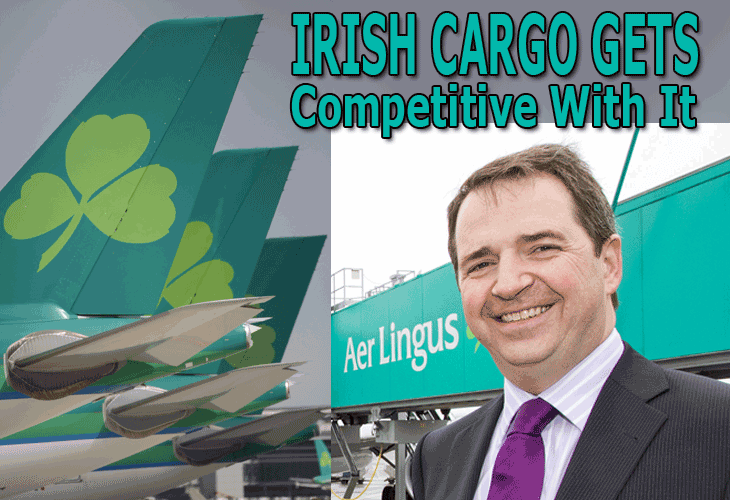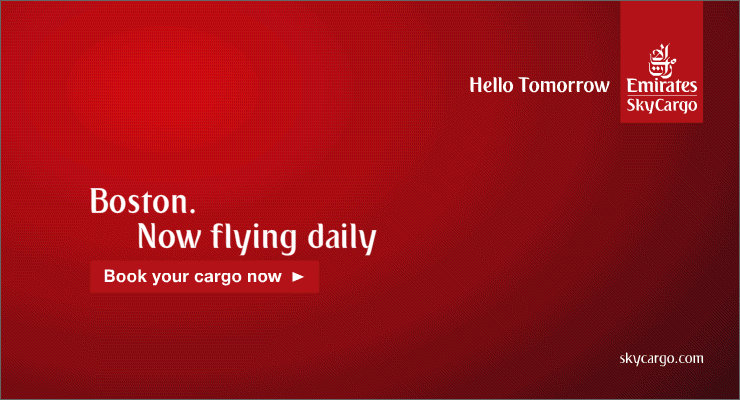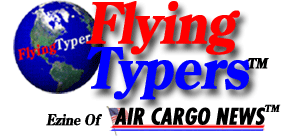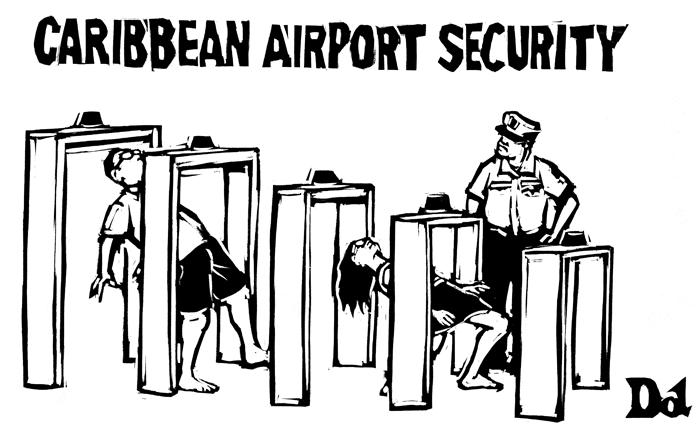| 
“Summer 2014 will
see Aer Lingus further expand its network into the U.S. with a new service
to San Francisco,” said Peter O’Neill, Director Cargo at Aer
Lingus.
We like this guy immediately.
Not only are the Irish bringing their grand
St. Patrick’s Day Parade to New York today, but after a brutal 2013-14
winter, Peter says the right thing when he reminds us that summer is just
around the corner.
“Our service will operate five times
a week and will bring the number of airports that we serve in the U.S.
to five, including New York, Boston, Chicago, Orlando, and now San Francisco.
“
Golden Gate
To Emerald Isle
“In addition we are very excited about
the launch of a new daily service between Dublin and Toronto.
“Flights from Shannon to Boston and
New York will almost double in frequency and will return to an all-year-round
service.
“The new San Francisco route in particular
represents a significant business opportunity for Aer Lingus Cargo, providing
direct access between Ireland and the West Coast of the US.
“So combined this all means more choice,
more capacity, and greater flexibility for our customers.”
Uplifting
Situation
“We are anticipating an additional
lift of up to 3 million kilos between Ireland and the U.S. & Canada
this year.
“With the addition of San Francisco,
we can offer our shipper and freight forwarder partners direct access
between Ireland and the U.S west coast, with road feeder connections to
major U.S. cities from San Diego to Seattle via San Francisco.
“Alongside our existing operations
to Boston, New York, Chicago, and Orlando, we have the capacity in place
for year-round, reliable air freight service between Ireland and the U.S.”
Clear Customer Focus
“The Forwarders are key partners
for Aer Lingus Cargo in each of the destinations, providing complementary
services to those offered by Aer Lingus Cargo,” the manager declared.
“Aer Lingus has built a solid reputation
and trust among many of the world’s largest corporations and we
are proud to partner with Freight Forwarders in providing services to
them in Europe and the United States.
“We can meet the specialised needs
of our customers.
“I am particularly proud of the team
and how they have developed and maintained strong relationships with our
key customers through good times and bad.
“We benefit from being an airline
that has a strong year round flight schedule to key passenger markets
that overlap completely with key cargo markets in the U.S., and as a result
we are able to offer an outstanding service to our customers.”
What Is Moving
“Medical and Pharmaceutical products
are the largest categories for air export.
“Ireland is home to 15 of the top
20 medical technology companies in the world, 9 out of 10 top ten global
pharmaceutical companies, and 7 out of 10 of the most popular pharmaceutical
products are produced in Ireland.
“With the year-round direct services
to Boston, New York, Chicago, and Orlando, as well as the new markets
opening up this year, Aer Lingus Cargo will be even better placed to service
U.S.-based pharmaceutical customers.”
No Misunderstandings
“There is a perception that Aer Lingus
Cargo only serves to and from its Gateway destinations (BOS, ORD, JFK,
MCO, and now SFO and YYZ).
“In fact our advanced partnership
with quality American Trucking companies allows us to service imports
and exports throughout the United States.
“Aer Lingus Cargo also offer extensive
next day connections into Continental Europe at highly competitive rates.”
Keeping Aer
Cool
“Our advanced AerCool temperature-controlled
solutions serving the aforementioned Medical and Pharmaceutical products
are the largest categories for export and the majority of these exports
require special handling. Aer Lingus Cargo is also at the forefront of
GDP (Good Distribution Practice.)
“All our staff are GDP trained and
we expect to achieve the GDP Passport early in 2014.
“Cold Chain for Medical and Pharmaceutical
products is therefore a natural specialty for us.
“We have regulatory approval for Envirotainer’s
electric heating and compressor cooling containers (RAP e1 and e2) and
C-Safe’s RKN.
“We are also the only carrier operating
directly between the U.S.A. and Ireland, approved to carry both manufacturers
units, ensuring our customers have a choice.”
Been There
Done That
“Aer Lingus has a long, happy tradition
of providing cargo services, right from our very first flight on the Iolar,
which carried newspapers alongside those pioneering passengers.
“There was a brief period in 2004
when cargo on European services came into question, but once it could
be proven that it would not impact on turnaround times, we were back earning
incremental revenue—and our customers were glad to have us back!
“Today, cargo makes a significant
contribution to the financial health of the airline and this is underscored
by the investment made by Aer Lingus in GDP; in the last two years alone
we have invested €3.5m in our main warehouse facility in Dublin and
in our cargo equipment.”
Toward Bettering
Air Cargo Business
Aside from their stellar program, Peter
O’Neill has some ideas of ways to better the air cargo industry.
“It’s a big ask,” he says,”
but as an industry we need to do more to reduce the amount of time that
our customers’ time sensitive cargo spends on the ground.
“We are active in e-AWB initiatives
to reduce some of the administrative burden, but more needs to be done
collectively to ensure that air cargo retains its speed advantage over
other modes.”
As for what Peter wants you to remember
about Aer Lingus, the answer is simple:
“Our phone number! Ireland +353 1
886 6688 // USA +1 800 223 7660
“We have the capacity, we have the
route network, so call us. We are ready and waiting to hear from you.”
Geoffrey
|





